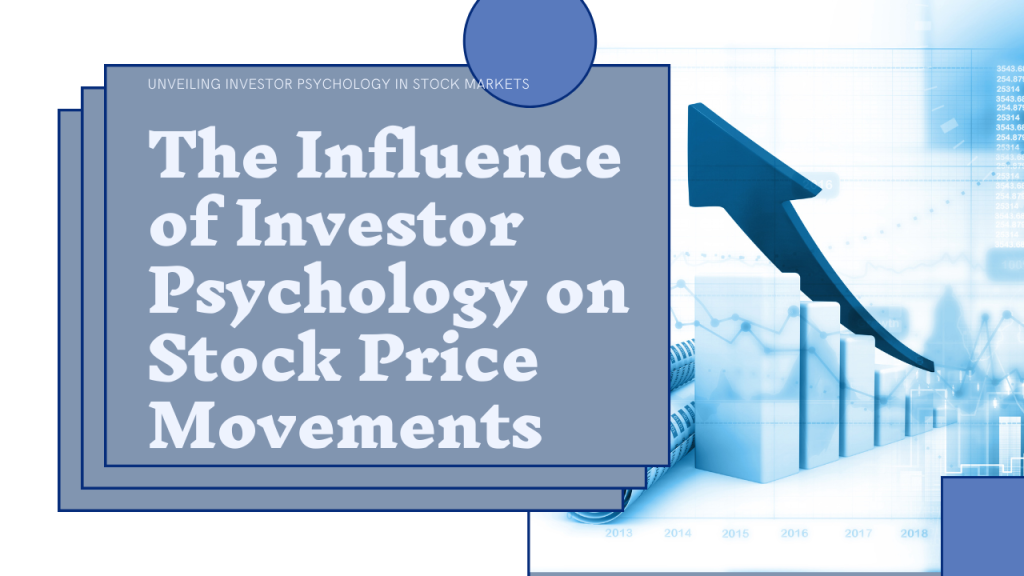Market sentiment plays a crucial role in determining stock prices, as investor psychology often influences buying and selling decisions in the financial markets. Understanding the dynamics of market sentiment can provide valuable insights for investors seeking to navigate volatile market conditions and capitalize on investment opportunities.
One of the key drivers of market sentiment is investor emotions, which can fluctuate between optimism and pessimism in response to various economic, geopolitical, and market-related factors. During periods of optimism, investors may exhibit a “greed” mentality, driving stock prices higher as they chase returns and overlook potential risks. Conversely, during periods of pessimism, investors may succumb to “fear” and sell off stocks indiscriminately, leading to market downturns and heightened volatility.
Additionally, market sentiment is often influenced by external factors such as news headlines, economic data releases, and geopolitical events. Positive news can bolster investor confidence and drive stock prices higher, while negative news can spark fear and uncertainty, causing stock prices to decline. However, it’s essential for investors to differentiate between short-term noise and long-term fundamentals when evaluating market sentiment and making investment decisions.
Behavioral biases also play a significant role in shaping market sentiment and investor behavior. Cognitive biases such as confirmation bias, herd mentality, and overconfidence can cloud investors’ judgment and lead to irrational decision-making. By recognizing and overcoming these biases, investors can make more informed and rational investment decisions, reducing the influence of emotion on their portfolio’s performance.
Moreover, market sentiment tends to exhibit cyclical patterns over time, as investor sentiment ebbs and flows in response to changing market conditions. By paying attention to sentiment indicators such as the CBOE Volatility Index (VIX), investor surveys, and market breadth measures, investors can gauge the prevailing mood of the market and adjust their investment strategy accordingly.
In conclusion, understanding market sentiment is essential for successful investing in the stock market. By recognizing the impact of investor psychology, external factors, and behavioral biases on market sentiment, investors can navigate volatile market conditions more effectively and capitalize on investment opportunities with confidence.


